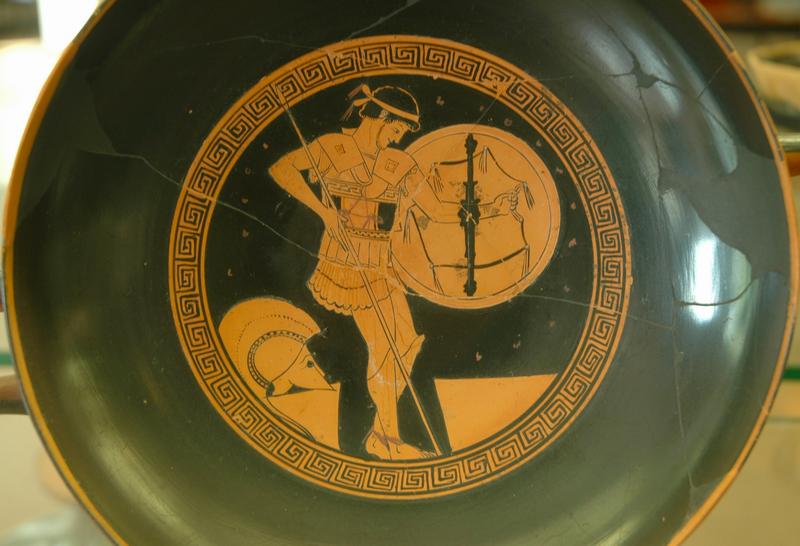Aigospotamoi (4)
Aigospotamoi: the final battle of the Peloponnesian War (431-404). In September 405, the Athenians were decisively defeated by the Spartans and lost their navy. As a result, the siege and fall of Athens became inevitable.
The road to Aigospotamoi: War aims

After the rejection of its peace proposal in the first weeks of 405, Sparta needed to get its forces ready for battle as soon as possible. The admiral Callicratidas, who had been killed, needed to be replaced and the fleet had to be reinforced. A new admiral was quickly found in Lysander. His appointment, however, would pose a constitutional predicament. Lysander had once before been appointed admiral and Spartan law did not allow a person to fulfill this position twice. But, as often in times of need, an inventive solution was found. Aracus was appointed as admiral (navarch) with Lysander as his epistoleus - a vice-admiral who would take over command in case the admiral were to die.
That, at least, was Lysander's official position. But no one really doubted who was in charge overall. One can conclude this from the accounts of Xenophon, Diodorus, and Plutarch. Xenophon writes in his Hellenica: "nevertheless, they gave their ships over to Lysander". Plutarch states that "in reality Lysander was in command of everything". And finally Diodorus notes that "the Spartans ordered Aracus to obey Lysander in everything".note
After his appointment, Lysander started to bring the Spartan fleet up to strength. Lack of funds made him move his headquarters to Ephesus, closer to Cyrus. Not long afterwards, the Spartan "admiral" indeed received the funds required to expand his fleet. After this, Lysander moved to the Hellespont, the lifeline that joined Athens to its suppliers of grain on the coasts of the Black Sea.
Lysander landed at Abydus in the Hellespont. Here, he received a warm welcome and was able to recruit a land force commanded by a Spartan named Thorax. Lysander was quick to exploit this piece of good luck. He planned a two-pronged attack - one from the land and the other from the sea - against the Athenian ally Lampsacus. Victory was achieved and was of great strategic importance: for it compelled Athens to send a fleet to the Hellespont to counter the Spartan threat.